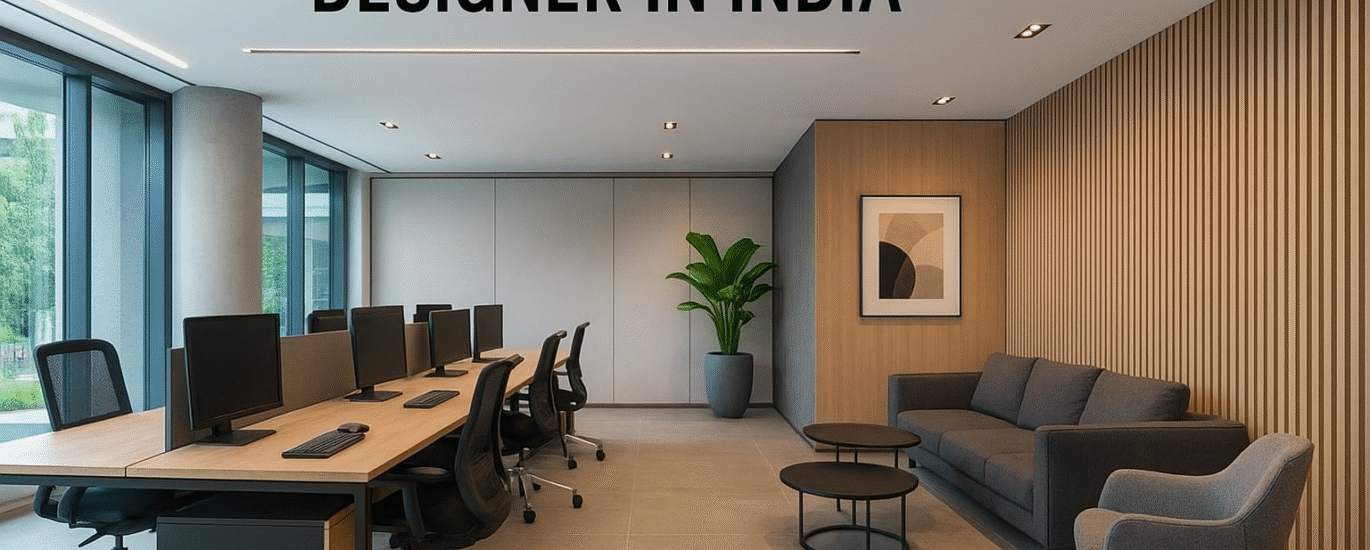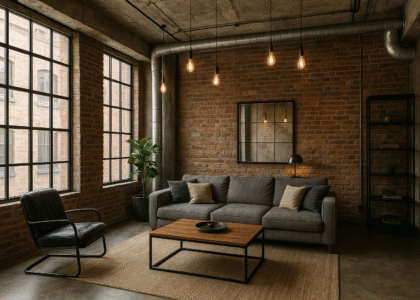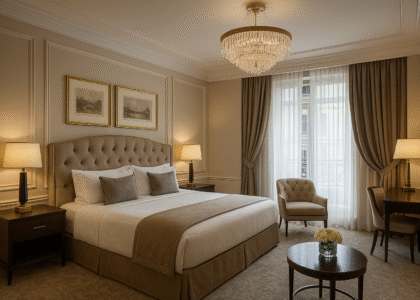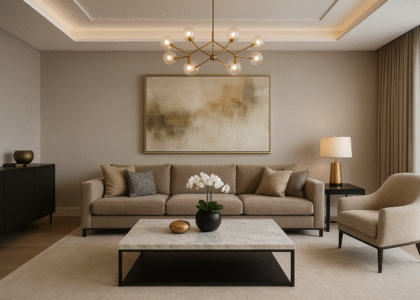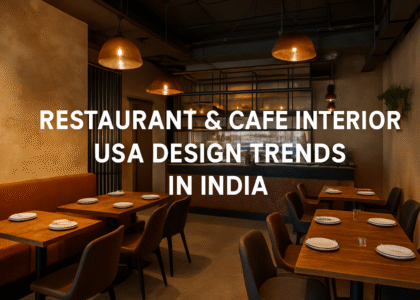When it comes to commercial interior design in India, choosing the right designer can make or break your project. A well-designed commercial space not only looks appealing but also improves functionality, customer experience, and business performance. Whether you are planning a new office, retail store, restaurant, hotel, or healthcare facility, finding the right designer is essential.
Here’s a step-by-step guide to help you make the right decision for your next project.
1. Define Your Commercial Project Goals
Every project is different. Start by outlining what you need:
- For offices, focus on productivity, collaboration, and employee wellness.
- For retail stores, prioritize layouts that drive sales and customer engagement.
- For restaurants and cafés, ambience, seating, and kitchen design matter most.
- For hotels, interiors should balance luxury with functionality.
For hospitals and clinics, safety, hygiene, and comfort are the top priorities.
2. Check the Designer’s Portfolio & Experience
Always review the designer’s past work. Look for:
- Office projects: open layouts, ergonomic workstations, breakout areas
- Retail projects: store displays, lighting, customer flow design
- Hospitality projects: hotel lobbies, guest rooms, banquet halls
- Healthcare projects: patient rooms, waiting areas, functional layouts
Choose a designer who has experience in the specific type of commercial project you need.
3. Evaluate Their Design Style & Creativity
A great commercial interior designer should balance aesthetics with functionality. For example:
- An office may need a minimal yet modern look.
- A restaurant may need bold, creative interiors to stand out.
- A hotel may require luxurious finishes with sustainable elements.
Ensure their design philosophy aligns with your brand identity.
4. Consider Budget & Cost Transparency
Commercial interior design in India can vary widely in cost. Make sure your designer provides:
- A detailed cost estimate for design, materials, and execution
- Options for cost-effective yet stylish materials
Transparent billing to avoid hidden charges
5. Focus on Technology & Sustainability
Modern commercial projects demand smart and eco-friendly solutions:
- Smart offices with automated lighting and AV systems
- Retail stores with digital displays and modern POS designs
- Green building materials for hotels and corporate spaces
Energy-efficient lighting for all commercial projects
6. Check for Project Management & Execution Skills
Great design is useless without proper execution. A reliable interior designer should provide:
- End-to-end services from planning to handover
- Coordination with contractors, vendors, and engineers
On-time delivery within budget


